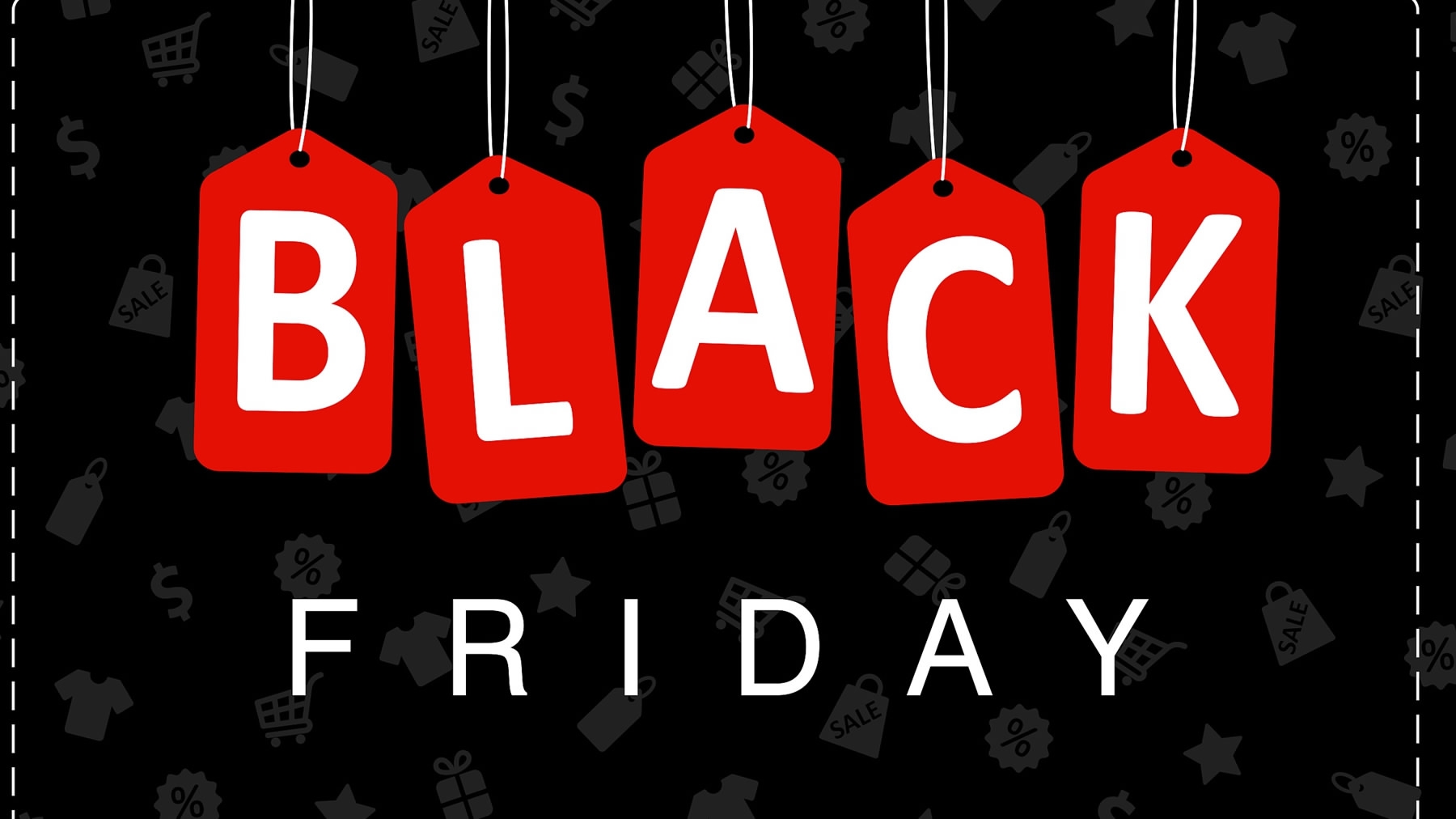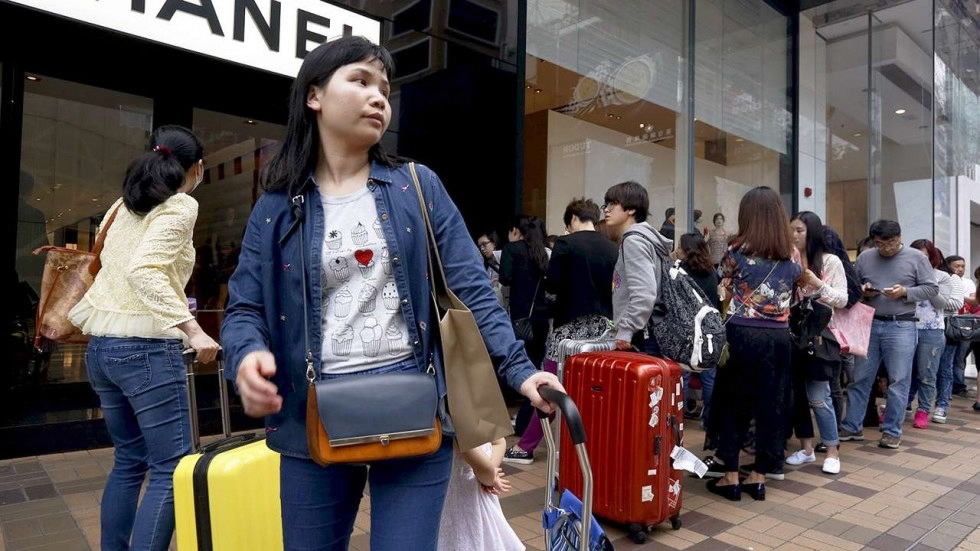
Business
23:11, 24-Nov-2017
China's cross-border e-commerce firms battle for more deals
CGTN's Chen Tong

Just two weeks after China's Singles' day shopping binge, Black Friday, the largest shopping event for consumers across the Pacific, is again hitting China with deals on imported products.
China's cross-border e-commerce websites have been competing with each other to get more from Chinese consumers' pockets. It's all aimed at China's rising consumption.
Staff at Ymatou, a cross-border platform in Shanghai have been busy preparing for Black Friday for a week. The company began its promotions for imported products a week in prior, and the preparations have paid off – 40,000 orders arrived in the first minute of the shopping spree.
Cai Hua, co-founder of Ymatou.com said that the number of payments saw a tremendous increase.
“Chinese people have more and more demand for overseas products,” said Cai. “We are also following the discounts in the United States and will offer them this Friday, and let these Chinese consumers continue to buy, buy, buy.”

Reuters Photo.
Reuters Photo.
Ymatou is not the only company offering Black Friday benefits. Amazon, for example, will focus on logistics. VIP clients are guaranteed an average delivery time of between five and nine days this year. Alibaba's T-mall is cooperating with US retail giants Macys and Costco using their famous branding to attract Chinese shoppers.
Concerns were raised in the industry that the Black Friday sales will be hurt by the success of this year's Singles' Day, but there seems to still be plenty of interest in shopping for overseas goods. What they're looking for is quite different from their finds on Singles’ Day.
Chinese consumers prefer to buy household items during Singles' Day or the day after, and shop for luxury goods on Black Friday.
Experts said that Chinese shoppers' preference for more high-end and luxury goods during Black Friday reflects China's upgrade in consumption. And that gives opportunities to smaller cross-border e-commerce websites to snatch clients from e-commerce giants like Taobao and JD.com.

VCG Photo.
VCG Photo.
China's cross-border e-commerce business is expanding broadly across the country. With the upgrading of consumer behavior, the size of China's e-commerce market is expected to reach 8.8 trillion yuan in 2018.
“The upgrade of China's consumption is explicit. In a lot of segments, it has grown tremendously. That also means consumers start to look at products of higher quality, and seeking better shopping experiences,” said Weichong Khor, head of digital and e-commerce of Carat. “Some categories that were not popular in the past become more and more important. That's a drive behind the cross-border consumption,” he said.

SITEMAP
Copyright © 2018 CGTN. Beijing ICP prepared NO.16065310-3
Copyright © 2018 CGTN. Beijing ICP prepared NO.16065310-3